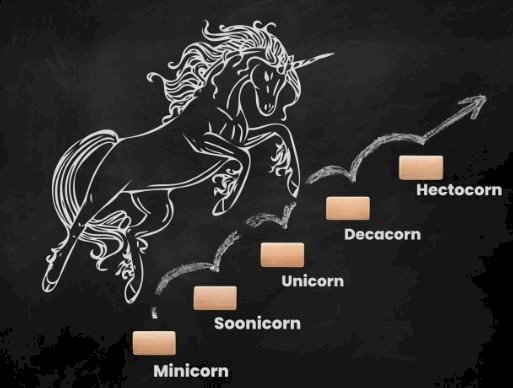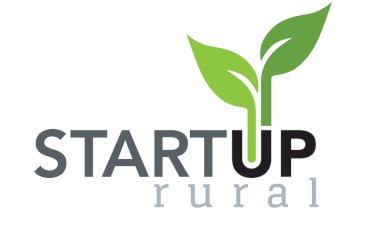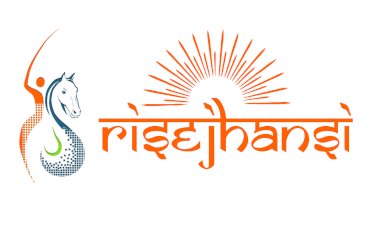Navigating the Startup Galaxy: Different 'Corns' in the Indian Startup Ecosystem
"In the bustling landscape of Indian startups, different 'corns' symbolize stages of growth and achievement. From Minicorns laying the groundwork to Hectocorns reshaping industries, each valuation category has its unique significance. We explore inspiring Indian startups in each 'corn' category, offering valuable insights for fellow startups and incubators navigating the exciting journey of entrepreneurship in India."

The Indian startup ecosystem has been a hotbed of innovation and entrepreneurship, giving rise to companies of various sizes and valuations. In the journey from inception to global dominance, startups often find themselves categorized by their valuations, known as 'corns.' These classifications are not just financial metrics; they represent stages of growth and potential. In this blog, tailored to our fellow startups and incubators, we'll explore the different 'corns' that shine in the Indian startup galaxy.
1. MINICORN: LAYING THE FOUNDATION
Minicorns, with valuations ranging from $1 million to $1 billion, are the rising stars. They might not have captured the limelight yet, but they are busy building a strong foundation for success.
Example: CureFit CureFit, founded by Mukesh Bansal and Ankit Nagori, is a quintessential Minicorn. Their holistic approach to health and wellness has made them a significant player in the Indian startup ecosystem, focusing on building a healthier India.
2. SOONICORN: READY TO SOAR
Soonicorns are on the verge of becoming Unicorns, with valuations nearing the $1 billion mark. These startups have already made waves and are poised for rapid growth.
Example: Razorpay Razorpay, a fintech startup founded by Shashank Kumar and Harshil Mathur, is a shining example of a Soonicorn. They are revolutionizing digital payments in India and beyond, providing businesses with innovative solutions.
3. UNICORN: THE MYTHICAL ACHIEVERS
Unicorns, with valuations exceeding $1 billion, have achieved the mythical status in the startup world. They disrupt industries, redefine markets, and inspire generations.
Example: Zomato Zomato, founded by Deepinder Goyal and Pankaj Chaddah, is an iconic Indian Unicorn. They have transformed the way we dine and order food, spreading their wings globally and becoming a symbol of Indian startup success.
4. DECACORN: THE ELITE FEW
Decacorns, with valuations exceeding $10 billion, represent the elite tier of startups. They are not just disruptors; they are industry giants.
Example: Byju's Byju's, founded by Byju Raveendran, is India's beacon of edtech brilliance. As a Decacorn, they've reimagined education through their online learning platform, impacting millions of students worldwide.
5. HECTOCORN: THE TITANS
Hectocorns, with valuations exceeding $100 billion, are the rarest and most influential of them all. They dominate their industries, setting the gold standard for success.
Example: Reliance Industries While not a traditional startup, Reliance Industries, under Mukesh Ambani's leadership, has become India's Hectocorn. With ventures like Jio, they've disrupted telecom, e-commerce, and more, shaping the future of India's tech landscape.
Conclusion
For startups and incubators in India, the 'corns' are more than just valuations; they are milestones in the entrepreneurial journey. From Minicorns sowing the seeds of innovation to Hectocorns reshaping industries, each stage holds valuable lessons and inspiration. As we continue to navigate the startup galaxy, let's draw inspiration from these Indian success stories and dream big. The Indian startup ecosystem is thriving, and there's no doubt that more Minicorns, Soonicorns, Unicorns, Decacorns, and who knows, even Hectocorns, will emerge to redefine the future of entrepreneurship in India.
























